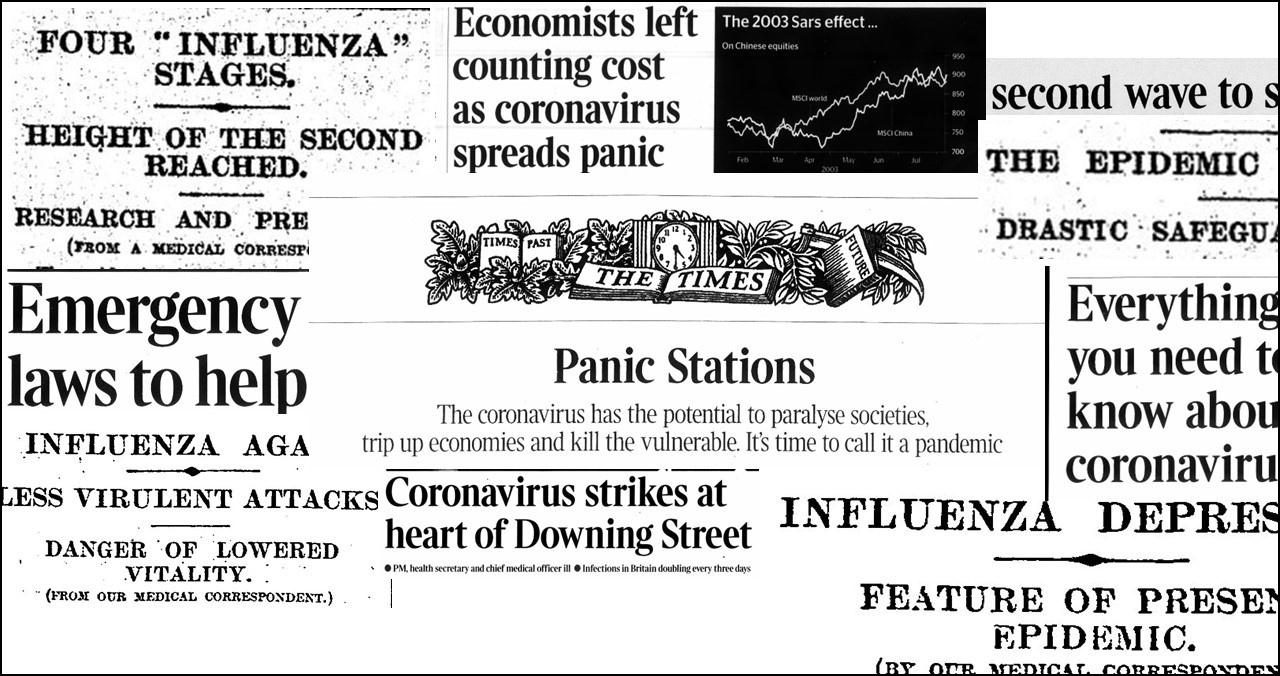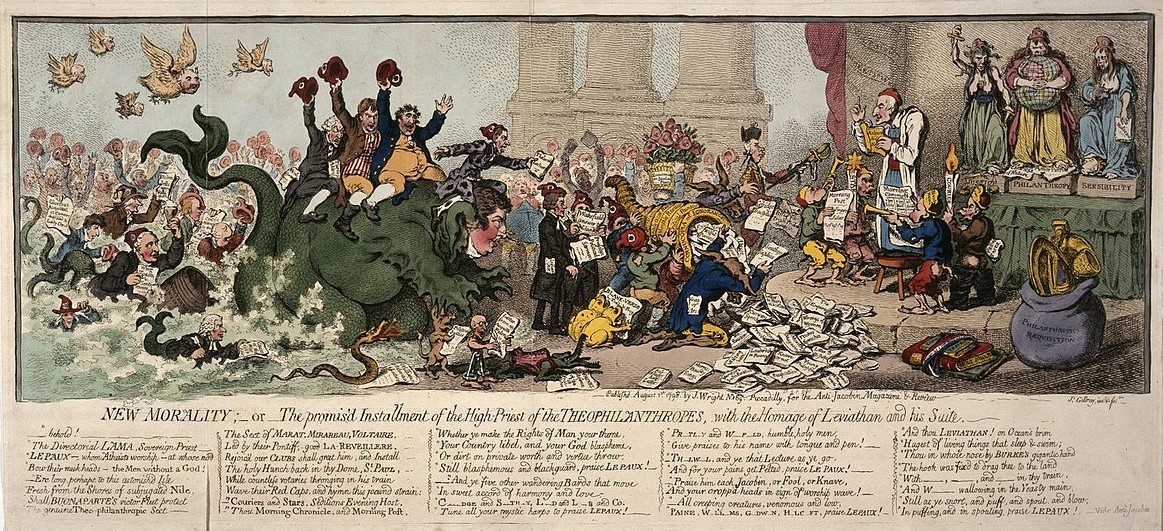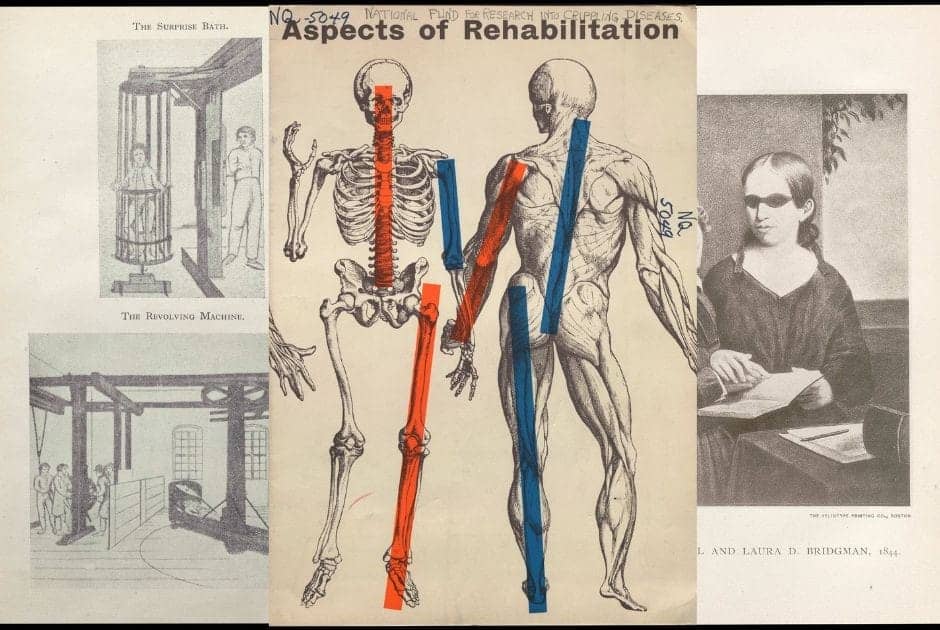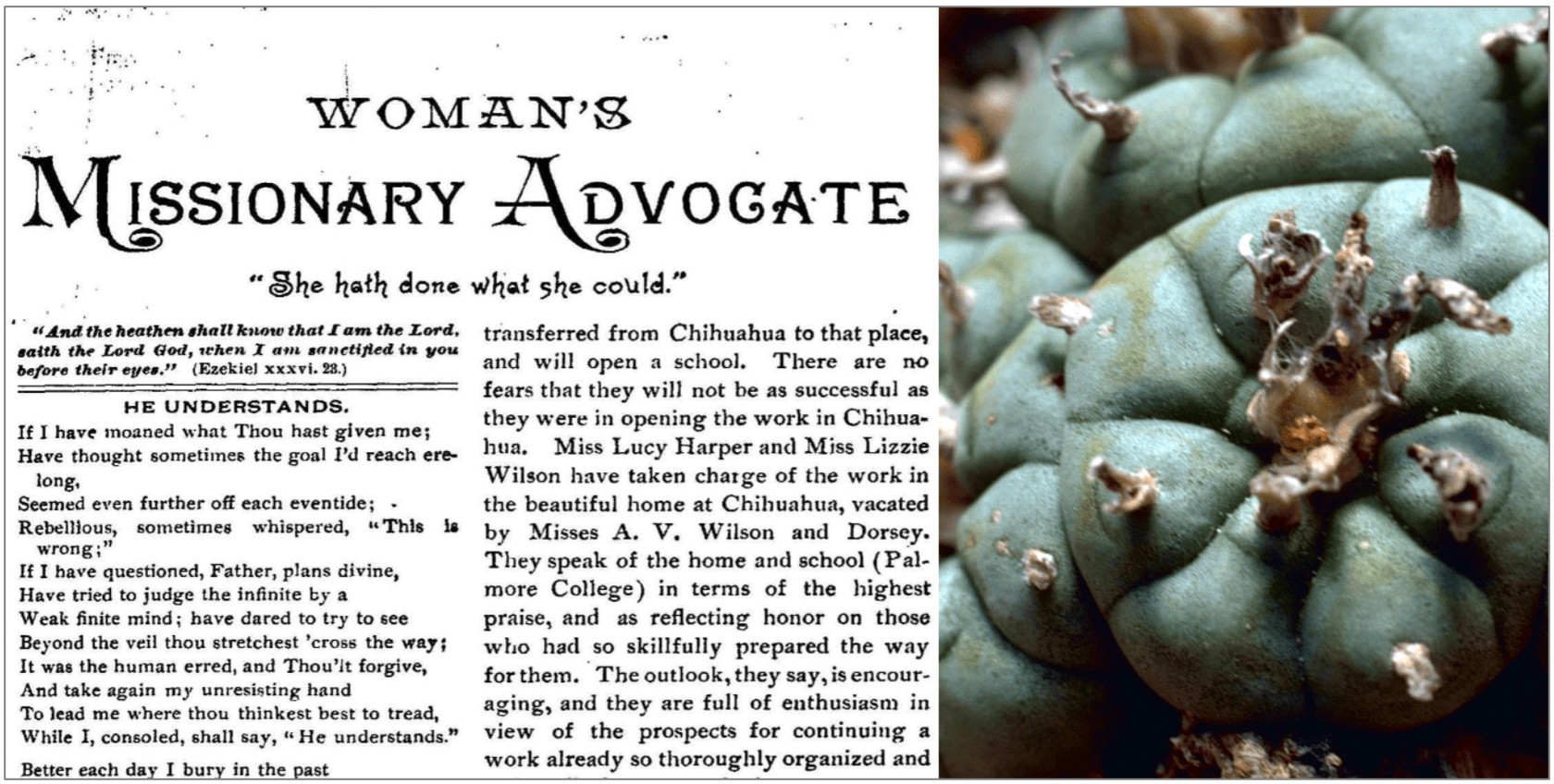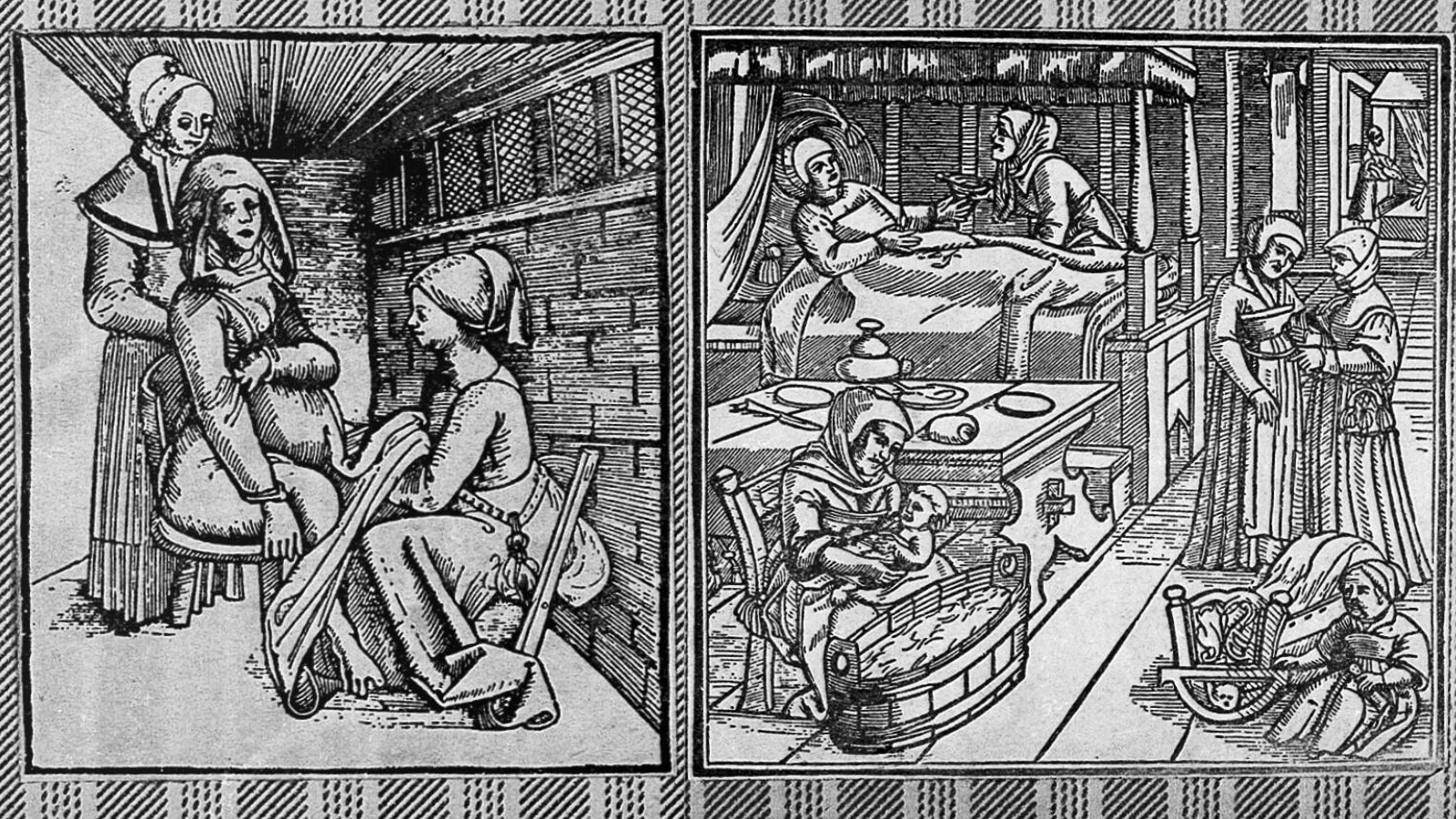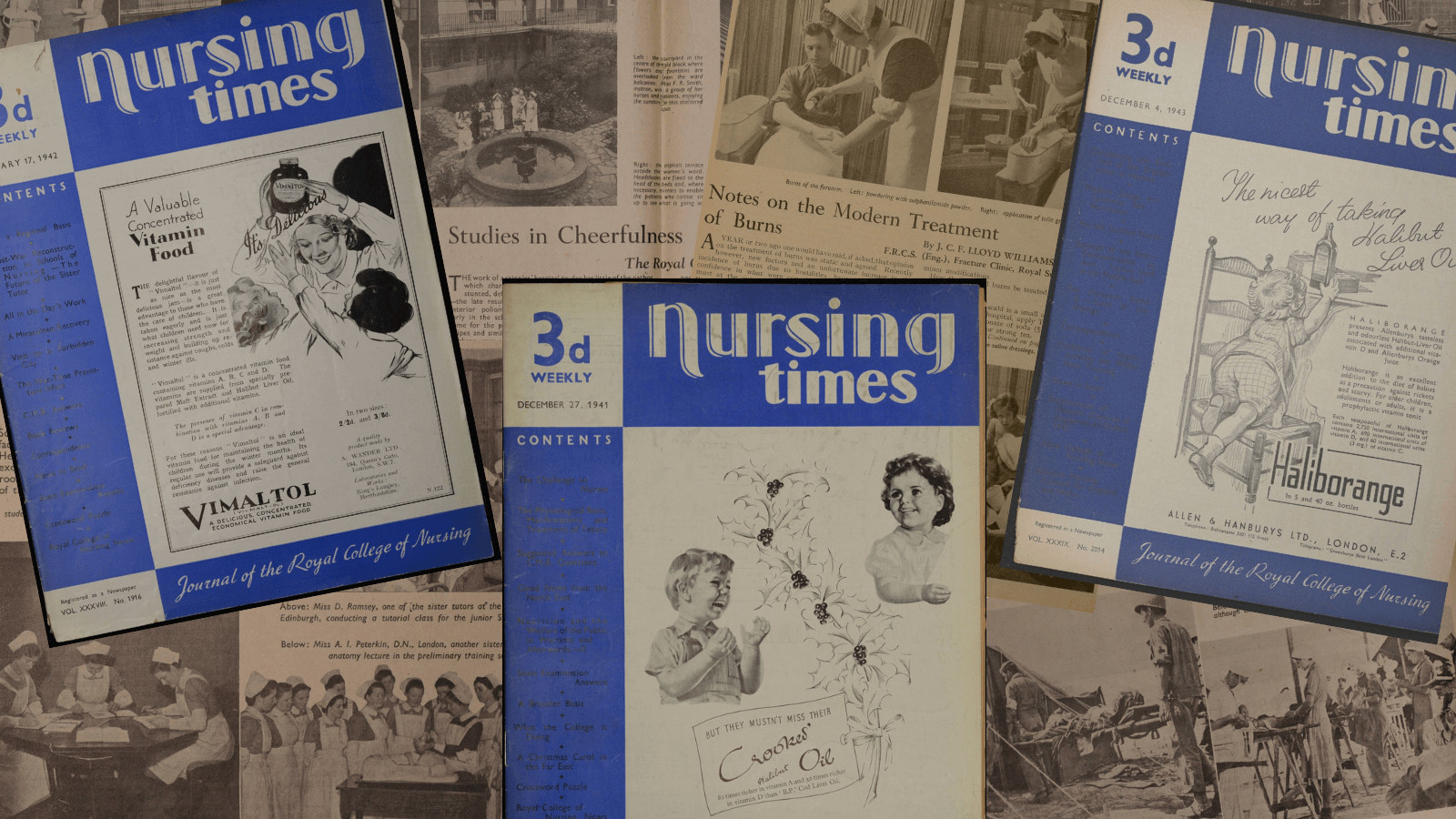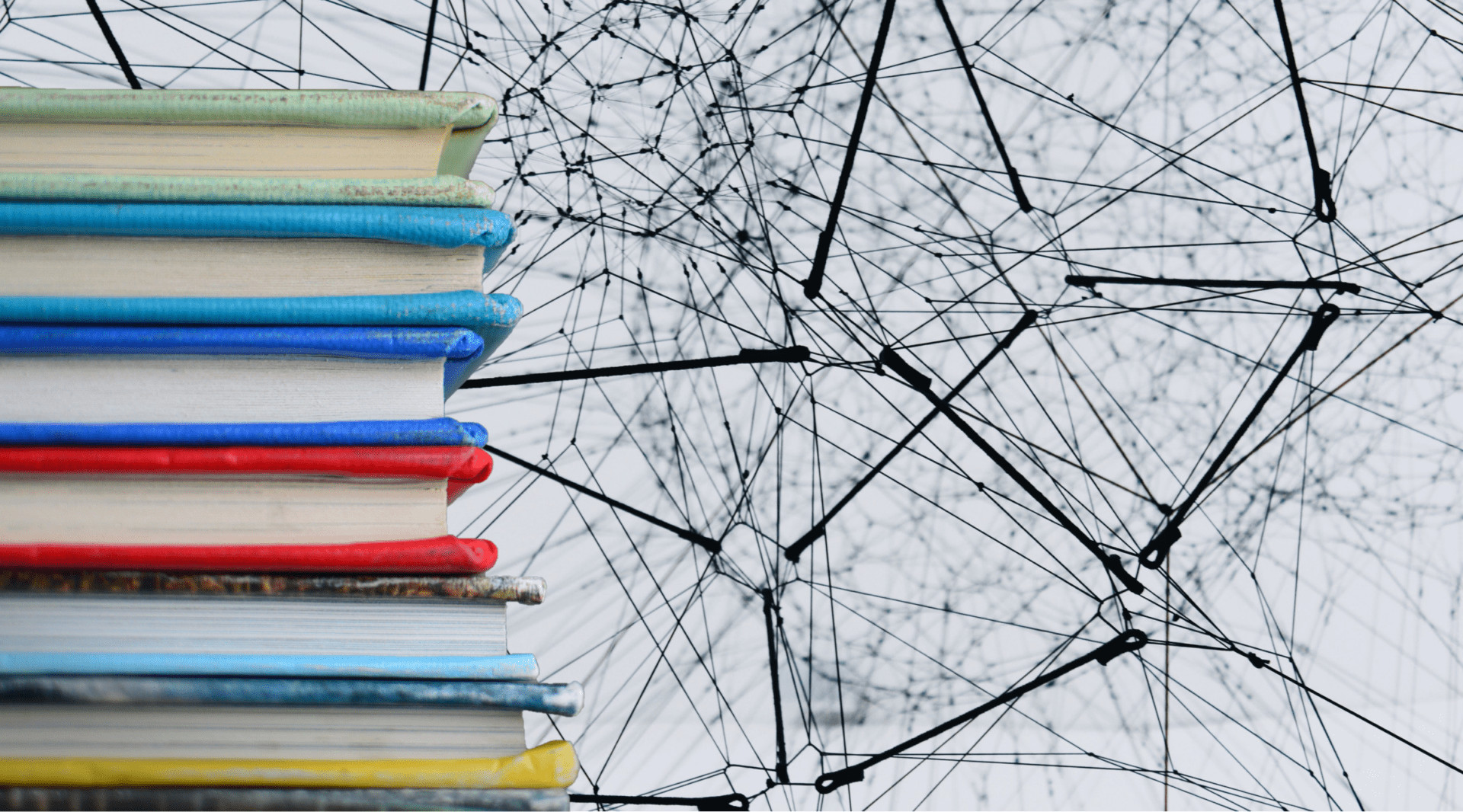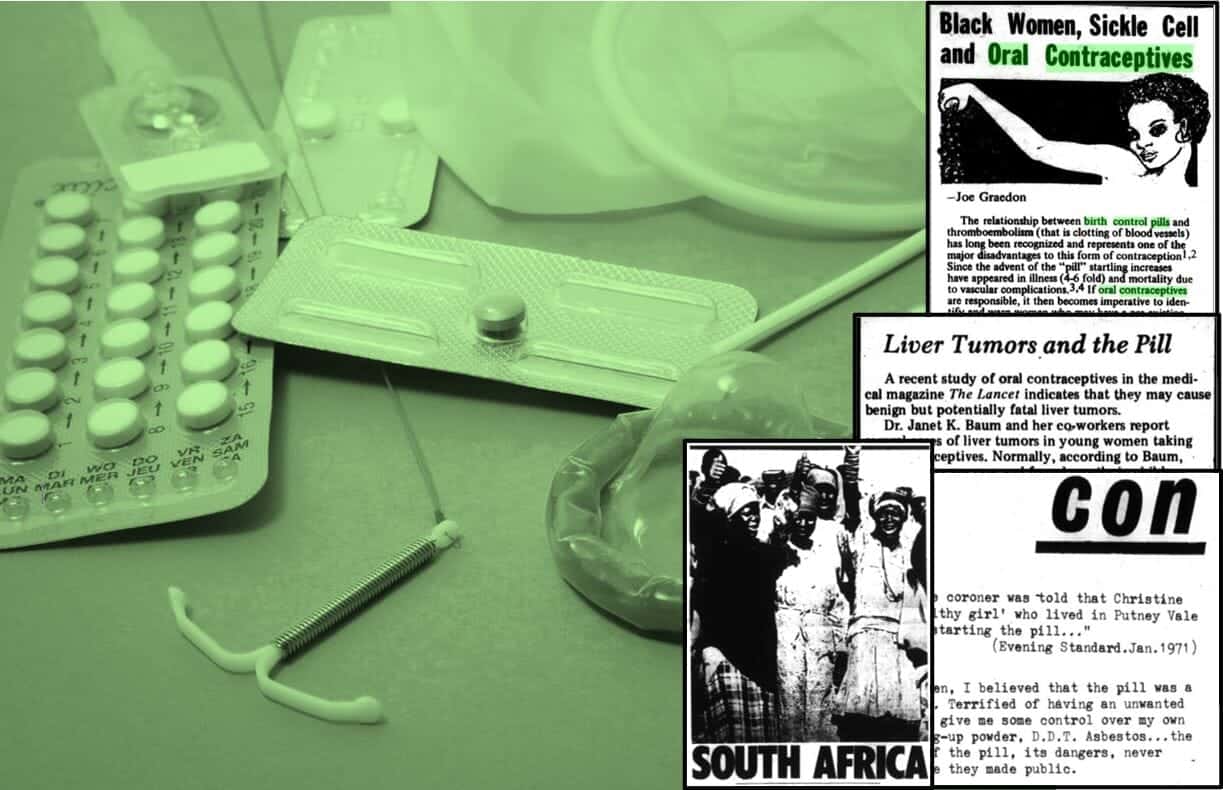│By Darren Brain, Gale Marketing Manager, Australia & New Zealand│
On the 15th May 1928, Reverend John Flynn founded the Australian Inland Mission (AIM) – Aerial Medical Service in Cloncurry, Queensland. Initially a one-year experiment with a young Australian airline called Qantas providing air services. This service later evolved nationally into the Australian Aerial Medical Service (AAMS), which was renamed the Flying Doctor Service in 1942, and became the Royal Flying Doctor Service (RFDS) in 1955 after receiving a Royal Charter.
With Gale’s recent release of Global Development and Humanitarian Aid: The International Federation of Red Cross and Red Crescent Societies, 1919-1997, I discovered some interesting documents about the history of RFDS and decided to dig deeper into Gale Primary Sources to learn more about the remarkable story of one of the world’s earliest flying doctors, the fascinating stories of the RFDS, and the growth of the critical service they have been providing against the harsh and unforgiving Australian Outback for nearly a century.


